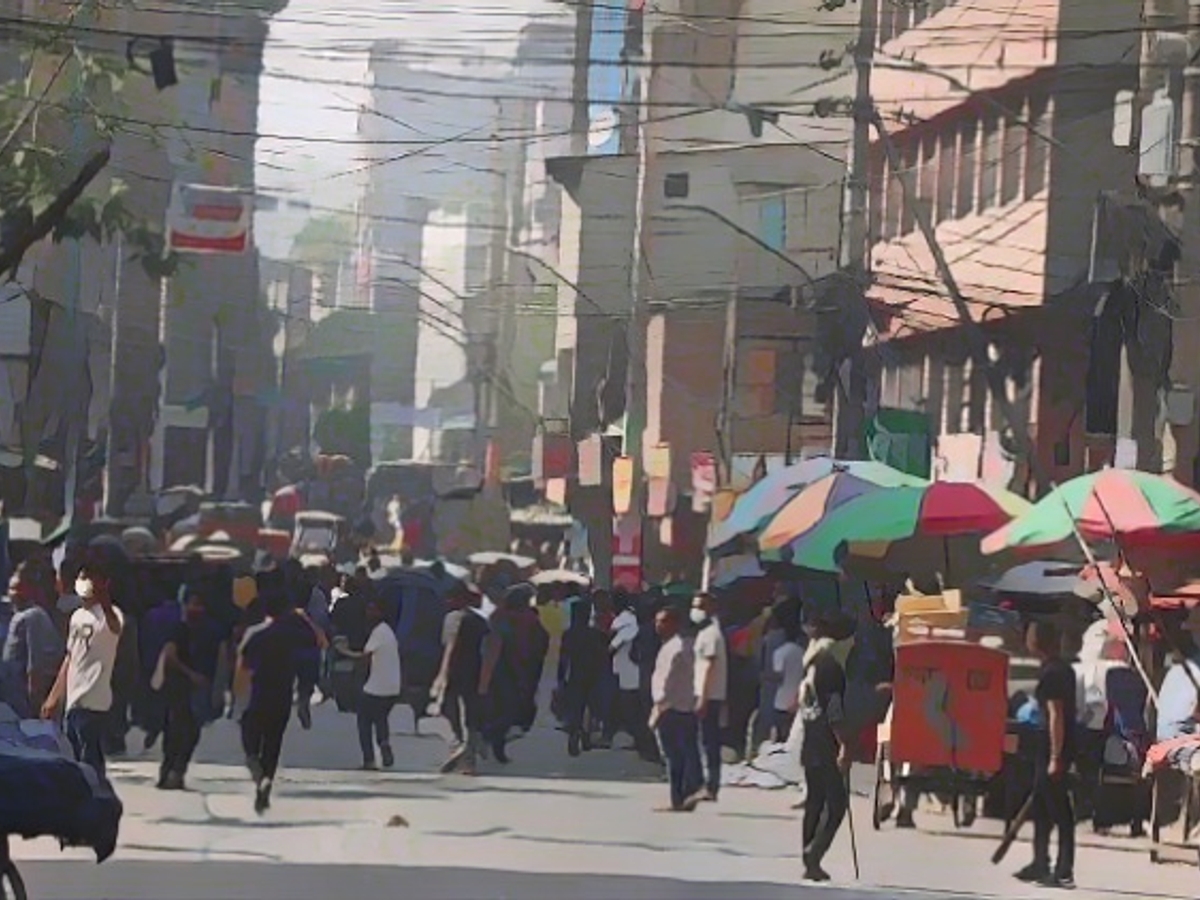Bangladeshi head of government rejects further wage increases in the textile industry
Bangladesh's head of government Sheikh Hasina has rejected further wage increases for workers in the textile industry. The workers should be satisfied with the announced increases "and continue their work", Hasina said at a meeting of her Awami League party. "If they take to the streets to protest at someone's instigation, they will lose their jobs and have to return to their villages."
Violent and sometimes violent protests have been taking place in Bangladesh for two weeks. Workers in the country's numerous textile factories are demanding an increase in their minimum wage to the equivalent of at least 190 euros per month, which would be a tripling of the current level. On Tuesday, a commission set up by the government announced a minimum wage increase of 56.25 percent to 104 euros from December.
The textile workers' union rejected this as "unacceptable". The wage increase was not compatible with the rising costs of food, housing rents, healthcare and school fees. In the past few days, there have been further violent protests in which a woman was killed - the third death since the demonstrations began.
Bangladesh's capital Dhaka and its suburbs are an important center of the textile industry. Many Western brands such as Gap, H&M and Aldi have garments manufactured there. Production was disrupted by the protests and hundreds of factories were closed. According to police reports, the demonstrators stormed around 70 factories and vandalized them.
"If these factories are closed, if production is disrupted, if exports are disrupted, where will their jobs be? They must understand that," said Hasina, the head of government, referring to the protesters. Bangladesh is one of the largest producers of textiles in the world, with around 3,500 factories and workshops in the country. Four million people work in the industry. Textiles account for 85 percent of exports.
Despite the continuous textile protests demanding a significant wage increase, Bangladesh's head of government, Sheikh Hasina, firmly declined any further hikes. She emphasized at a gathering that the workers should be content with the declared increases and continue their jobs, implying potential job losses and relocations to villages for those instigating and participating in the protests.
Under the current circumstances, further escalation of the textile protests in Bangladesh, which have already resulted in two weeks of unrest, multiple deaths, and factory disruptions, could pose a substantial threat to the employment of thousands of workers in the sector, serving as a significant contributor to Bangladesh's economy, generating 85% of its exports and sustaining around four million jobs.
Source: www.ntv.de








